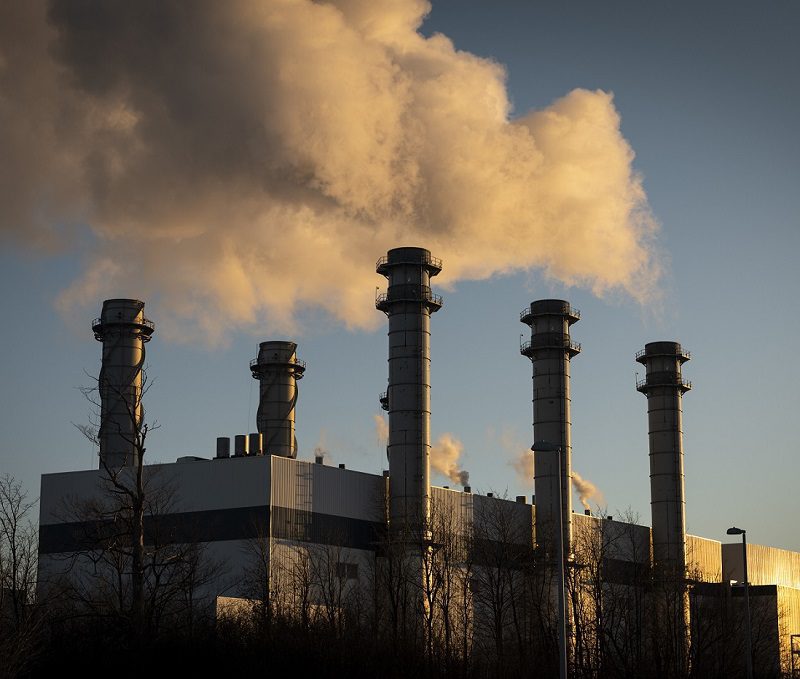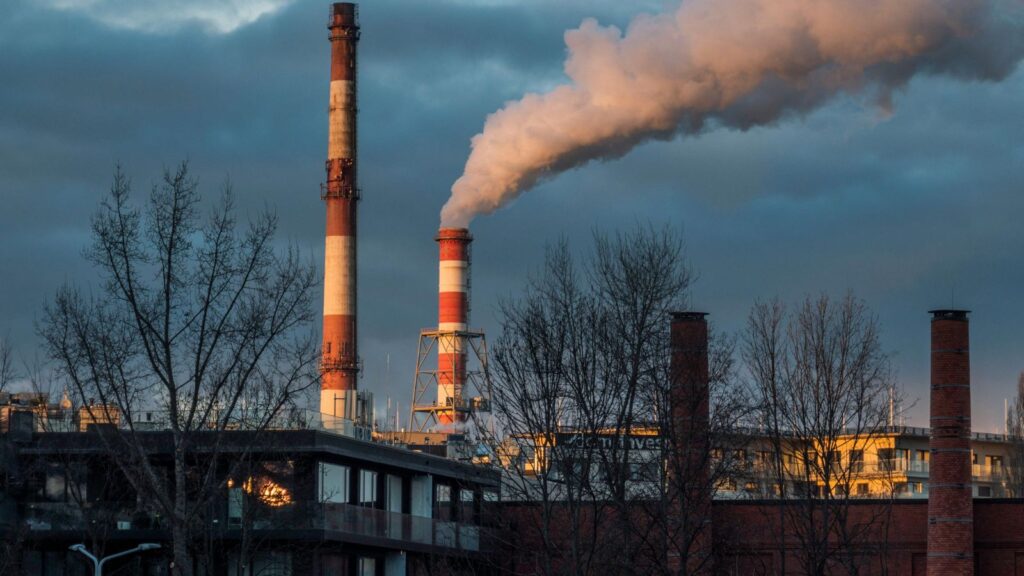Statement from Julia Levin, Associate Director, National Climate
Ottawa | Traditional, unceded territory of the Algonquin Anishinaabeg People – The Government of Alberta’s new Emissions Reduction and Energy Development Plan is not a credible climate strategy. The province is still failing to do its fair share to reduce greenhouse gas emissions and continues to rely on unproven and speculative technology to reduce the province’s emissions, instead of what is proven and available now.
It’s good that Alberta now acknowledges the need to achieve net-zero by 2050, but this plan is unlikely to get there. It’s also missing key elements, such as a 2030 emissions target. This is the critical decade to combat the climate crisis, and the Government of Alberta is playing pretend.
Alberta generates almost 40 per cent of Canada’s emissions – more than any other province – and is the only province where emissions have gone up significantly over the past two decades. Alberta’s lack of action threatens Canada’s ability to meet its climate goals, and puts more pressure on other parts of the country to pick up the slack.
Alberta’s emissions reduction strategy ignores climate science – which clearly shows that we must wind down the production of oil and gas – and instead favours expanded fossil gas, offsets, fossil hydrogen and carbon capture. After decades of pilot projects, carbon capture remains a speculative technology which has failed to achieve emissions reductions and has continued to be much more expensive than proven, secure and reliable energy alternatives, such as solar and wind. Alberta’s plans include the development of hundreds of kilometres of dangerous carbon pipelines.
Global demand for oil will peak and decline this decade, with the acceleration of global climate action and the uptake of electric vehicles. Denying this will harm workers and communities by depriving them of the opportunity to plan for the transition away from fossil fuels. Workers’ input must shape the way Alberta approaches the energy transition, yet they are absent from the province’s plan.
Also missing are solutions to address the devastating impact of oil production in the tar sands on biodiversity and Indigenous communities, despite the recent Imperial Oil leak which has brought to light the irresponsible way in which the industry manages its toxic waste. Tar sands extraction has a total footprint of close to 900 square kilometers, which disrupts carbon sequestering forests and wetlands. The tar sands generate vast amounts of toxic industrial waste, known as tailings, which are currently stored in precarious, leaking pits along the Athabasca River. This toxic waste contaminates water, land, and air, putting Indigenous communities at risk. The oil industry has not developed any credible solutions for dealing with its toxic waste.
Alberta’s circular economy plan is founded on smoke and mirrors, largely relying on an as-yet unsuccessful technology to deal with plastic waste. The Enerkem facility in Edmonton was built to turn mixed municipal waste into fuel, but has not been operating since 2021 and never reached its planned annual capacity of 100,000 tonnes before shutting down. That’s likely why the city is now looking to send this untreatable waste to burn in the Heidelberg Materials cement kiln. Burning plastic waste is not circular – it is a polluting process that incentivizes an increase to plastic waste.
Alberta sends 630,000 tonnes of plastic waste per year for disposal, of which more than half is packaging. Instead of pretending an unproven technology will turn this waste into something useful, the province should focus on reducing single-use packaging and ensuring there are convenient, affordable and widespread systems for reuse and refill of packaging and containers.
The climate crisis is already harming communities across Alberta and the rest of Canada. Every province must do its part to reduce greenhouse gas pollution, at the pace and scale dictated by science. This plan still fails to bring Alberta on track.
ABOUT ENVIRONMENTAL DEFENCE (environmentaldefence.ca): Environmental Defence is a leading Canadian environmental advocacy organization that works with government, industry and individuals to defend clean water, a safe climate and healthy communities.
– 30 –
For more information or to request an interview, please contact:
Allen Braude, Environmental Defence, media@environmentaldefence.ca







